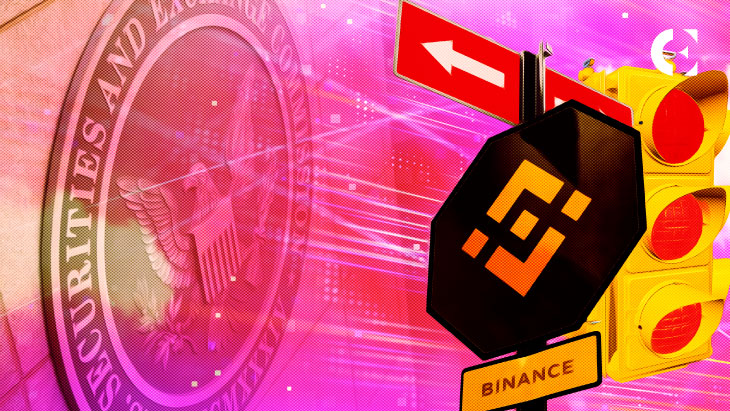- An ex-SEC official argued that the question of regulatory clarity belongs with Congress, not the judiciary.
- A federal district judge described the regulator’s preference for litigation over rulemaking as “inefficient and cumbersome.”
- The SEC continued to plead the Howey test and claimed it had “tried to interact” with the industry before suing.
A former senior official at the United States Securities and Exchange Commission (SEC) attempted to pour water on optimism in the crypto space after a hearing in the SEC’s lawsuit against Binance this Tuesday, June 13. In a lengthy tweet, John Reed Stark, previously the SEC’s chief of internet enforcement, denied that Judge Amy Berman Jackson was skeptical of the Commission’s hamfisted crypto crackdown and argued that the case would be settled in mediation.
Citing a pair of exchanges from the hearing, Stark highlighted the judge’s suggestion that she might not have the authority to compel the SEC to establish rules for crypto, as it has been repeatedly asked to by industry leaders. Based upon this, he concluded that Binance’s “regulatory clarity” argument is not only more suitable for Congress but “irrelevant” and that the case would most likely be settled through an agreement.
Stark’s analysis contrasts with the feeble response of the SEC to Judge Jackson’s questions about its “inefficient and cumbersome” preference for taking the industry to court over making rules for it to follow. The Commission’s legal team cited the Howey test, adding, “and, you know, we tried to interact with these entities to, you know, figure out a plan.”
If the SEC has made efforts to engage with Binance and Coinbase, which it is also suing, it has certainly had a strange way of going about it. In a recent interview with the Wall Street Post, Coinbase CEO Brian Armstrong recounted his repeated unsuccessful attempts to meet with SEC Chair Gary Gensler, commenting that “it doesn’t seem that he wants to meet with us.” He also made reference to the 30 meetings held with the SEC over a nine-month period in 2022, during which Coinbase “did all the talking.”
The SEC’s legal action against the world’s two largest centralized cryptocurrency exchanges coincided with a federal court order demanding that the regulatory body responds to Coinbase’s long-standing petition for clear regulations for the industry. After ignoring the petition for a year, the SEC sued Coinbase and sidestepped the court order, claiming “The Commission has not decided what action to take on Coinbase’s rulemaking petition.”
Disclaimer: The information presented in this article is for informational and educational purposes only. The article does not constitute financial advice or advice of any kind. Coin Edition is not responsible for any losses incurred as a result of the utilization of content, products, or services mentioned. Readers are advised to exercise caution before taking any action related to the company.










